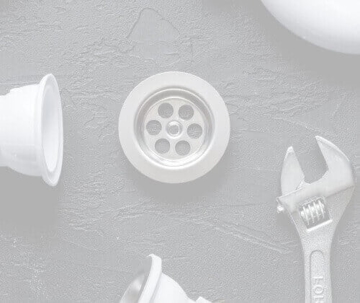
A drain that’s fully stopped is something you know has to be fixed as soon as possible. But how often have you ignored a drain that’s draining slowly? This warning sign often goes without the attention it needs—and that will eventually lead to a major blockage. As soon as you notice a slow drain, take steps to fix it. (And this doesn’t mean pouring caustic chemicals down the drain! Store-bought “drain cleaners” do not do an effective job and they may cause damage to the pipes.) If a standard plunger won’t clear the drain, contact professional plumbers for drain cleaning in Silver Spring, MD.
Why You May Have Slow Drains
Many different problems can lead to slow drains, and that’s why it’s better to have professionals take care of cleaning them: they’ll know how to tackle the specific issue. Here are some of the more common sources for slow drains:
- Organic build-up: This is a frequent cause of slow drains in a kitchen. When fats, oils, and grease go down a drain, they’ll leave residue along the drainpipe walls that will continue to build up until it restricts water flow.
- Hard water deposits: One of the big issues with hard water in a home is that the minerals in hard water leave scale deposits on the pipe walls. This will reduce the available volume in the pipe. You’ll need to have plumbers look into installing a water softener along with handling drain cleaning.
- Root infiltration: If more than one drain is slowing down in your home, the cause may be in the sewer line itself rather than in the individual drains. Roots often grow down into sewer lines and block them up. This job needs specialized plumbing services to fix it before it causes a serious problem with sewage backup.
Mallick Plumbing & Heating is the service contractor of choice in Silver Spring, MD and Montgomery County.
